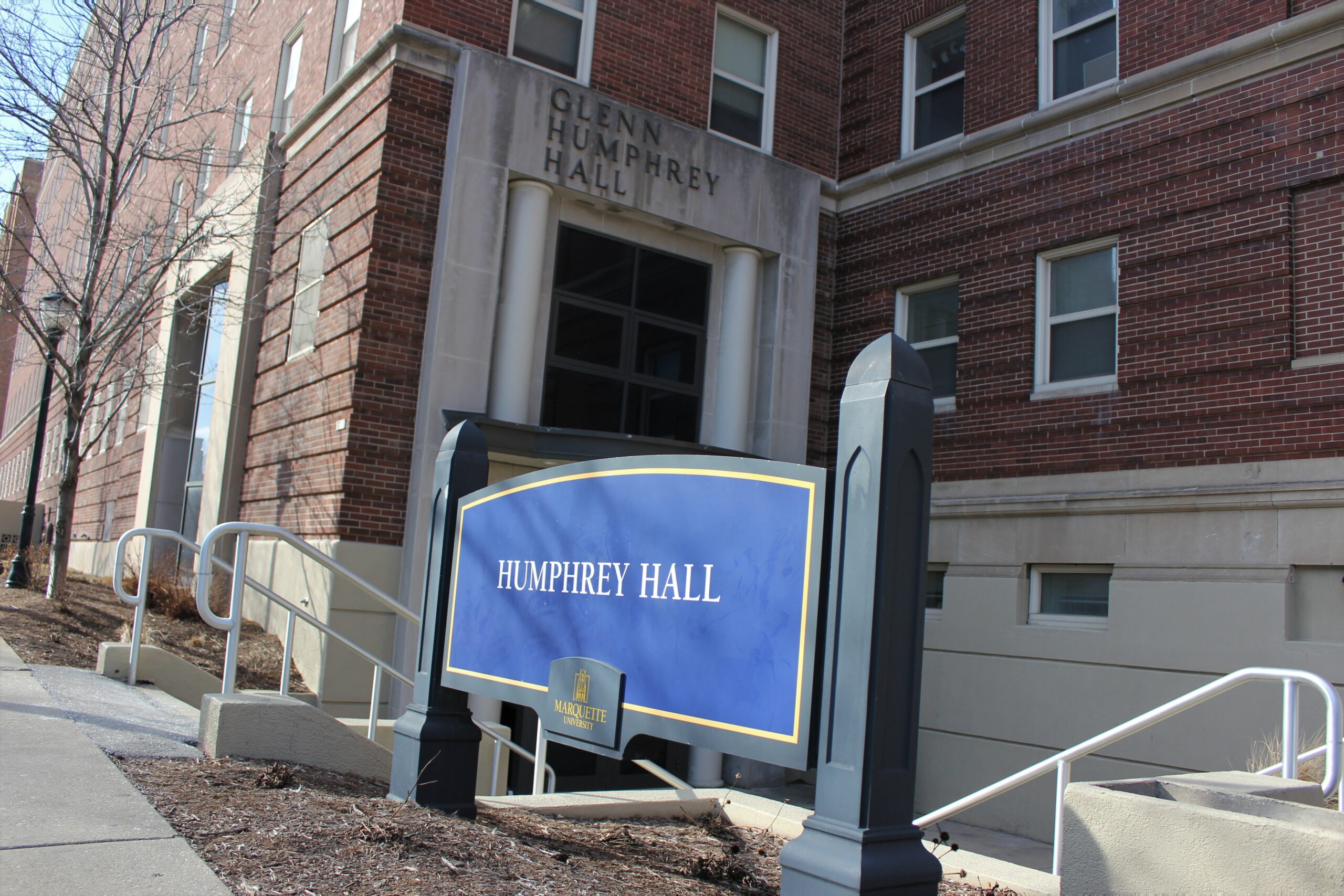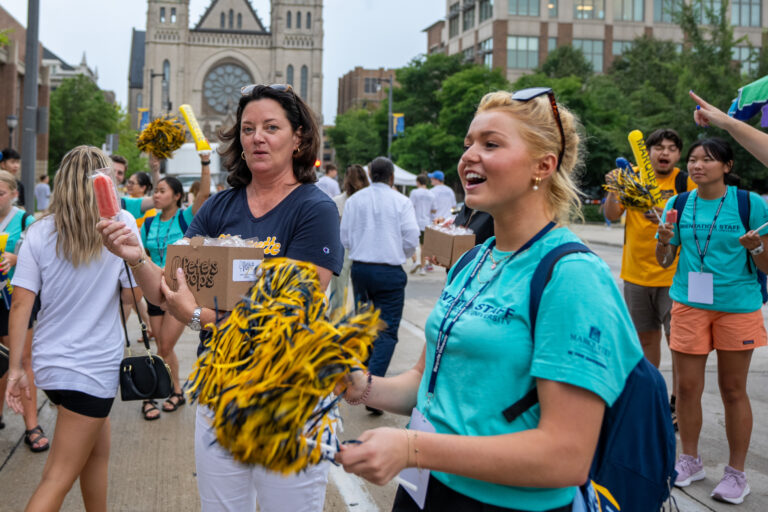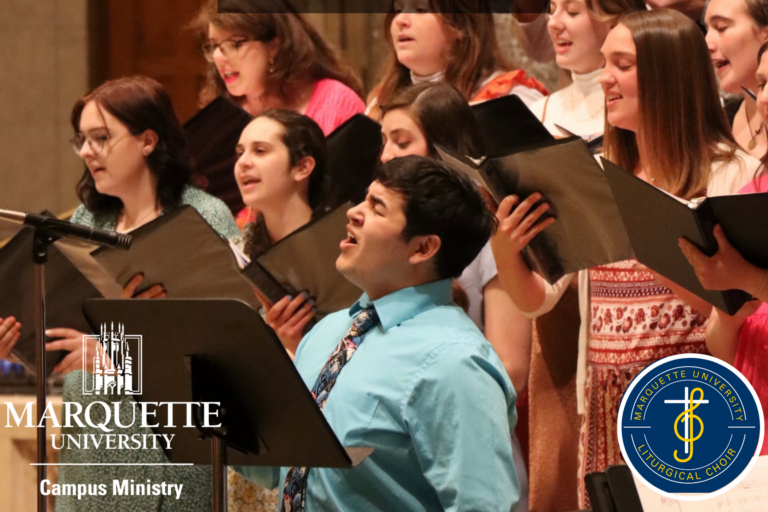Building security is among the priorities of the President’s Task Force on Community Safety with a workgroup dedicated to institutional safety measures. As the university pursues 24/7 secured entry strategies for residence halls, a new entryway access protocol will begin at 8 a.m. on March 23 for residents of Humphrey Hall to test new processes and technology. Humphrey Hall was selected for this pilot program because its existing technology could be enhanced with a video intercom, and the building’s manageable occupancy allows for efficient feedback loops to inform adjustments throughout the pilot.
Pilot details:
- Students will use their MUID to tap in at the entrance of the building to gain access. This is a 24/7 implementation.
- Once inside the building, the check-in process remains the same as it is today with the student tapping in at the front desk.
- A video intercom system will be installed on the exterior of Humphrey Hall. If a student forgets their MU ID, they can use video intercom to request entry.
- Front desk staff will have a monitor and intercom to see who is seeking access and will be able to buzz in the student, allowing front desk staff to stay at their post.
- Important note: Those with an MUID will be able to enter the building. Once inside, only those with current access permission to the residence will be able to check in at the front desk using their MUID. The guest policy remains the same.
The Office of Residence Life (ORL) has developed protocols for hall staff and worked with the residence hall director on the process changes. Humphrey Hall residents were also informed so they are prepared upon return from Spring Break.
During the pilot, ORL will solicit feedback from hall staff and students. The team will also benchmark residence hall access and security measures with university peers.
Although this change to secured access will remain in place for the duration of the semester, insights from this change will inform the recommendations from the Safety Task Force on May 1. Upon completion of a successful pilot and navigating current supply chain issues, the university would implement the same measures at the other residence halls this summer.



